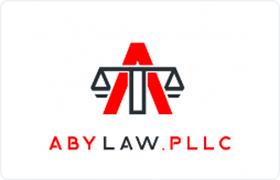Madison Misdemeanor Lawyer, Mississippi
Sponsored Law Firm
-
 x
x

Click For More Info:
-
Abby Law, PLLC
403 B Towne Center Blvd Suite 102 Ridgeland, MS 39157» view mapCriminal Defense Law Get the Legal Support You Need
If you need an experienced litigation attorney, look no further than Aby Law, PLLC. We are a trusted general practice law firm in Ridgeland, MS.
800-953-2840
Not enough matches for Madison Misdemeanor lawyer.
Below are all Madison Criminal lawyers.
Cynthia A. Stewart
✓ VERIFIEDCriminal, Felony, DUI-DWI
For over 30 years, Cynthia A. Stewart has been practicing law with the goal of helping clients across the community with their legal needs, particular... (more)
FREE CONSULTATION
CONTACTTrey O'Cain
Accident & Injury, Criminal, Divorce & Family Law, Car Accident
Status: In Good Standing Licensed: 21 Years
FREE CONSULTATION
CONTACTFREE CONSULTATION
CONTACTWilliam Preston Featherston
Personal Injury, Divorce & Family Law, Criminal, Workers' Compensation
Status: In Good Standing Licensed: 49 Years
Amanda Bolz Barbour
Litigation, Health Care, Federal, Criminal, Personal Injury
Status: In Good Standing
J Kennedy Turner
Government, Medical Products & Devices, White Collar Crime, Indians & Native Populations
Status: Inactive
 Heather Aby Ridgeland, MS
Heather Aby Ridgeland, MS Practice AreasExpertise
Practice AreasExpertise

